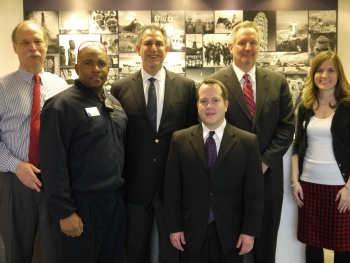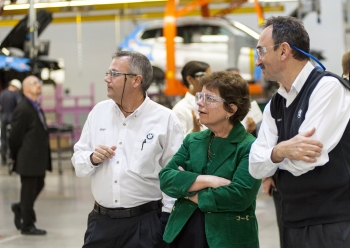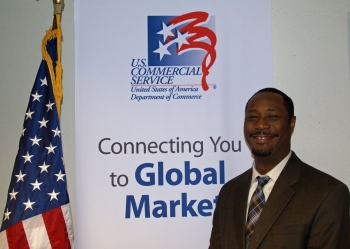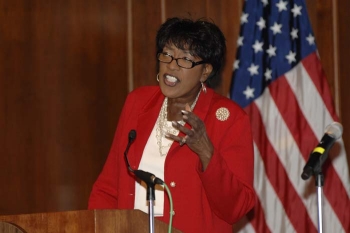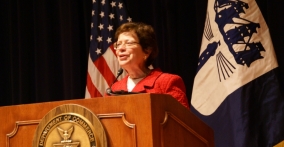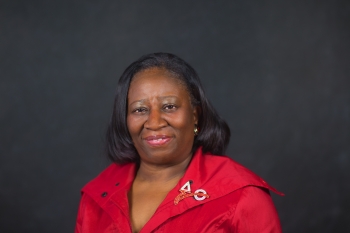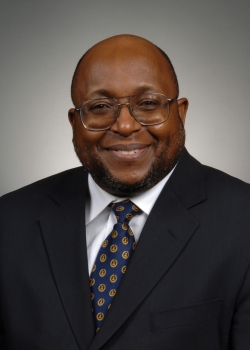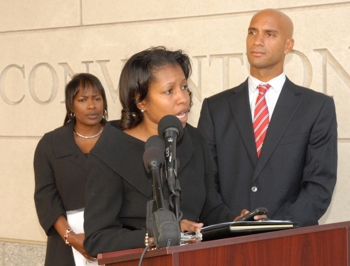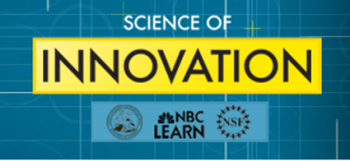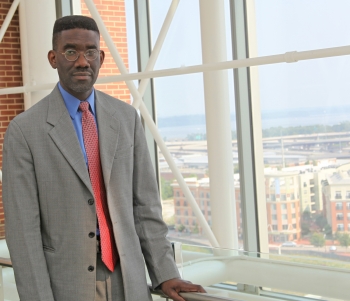Building Exports in the Bluegrass State
Guest blog post by Francisco Sánchez, Under Secretary of Commerce for International Trade
Cross-post from the International Trade Administration's blog, Tradeology
“We should remember that today’s world presents not just dangers, not just threats—it presents opportunity.” This statement from President Obama’s State of the Union speech confirms the belief that free trade and open markets are a benefit in our globalized world.
In Louisville, Ky., this belief is nothing new, as the town has been growing its economy by focusing on exporting to foreign markets.
That is why I joined Mayor Greg Fischer in Louisville to sign a Memorandum of Understanding (MOU) between the International Trade Administration (ITA) and the City of Louisville in a team effort to improve local exports. Congressman John Yarmuth (KY-3) also joined us to celebrate this exciting new partnership and highlight what this means for the community.
Our new MOU extends the success we have seen through the Bluegrass Economic Advancement Movement (BEAM), a joint venture between the mayors of Louisville and Lexington, designed to support the growth of high-quality jobs in advanced manufacturing throughout a 22-county region.
BEAM is a particularly exceptional achievement because it is the realization of the National Export Initiative (NEI) localized through the Brookings Institute’s Metropolitan Export Initiative (MEI). It represents a way in which cities and towns can engage in international trade to reap the benefits of increased exports.
Together, these initiatives are all working in concert to increase U.S. exports.
And there is no better place to talk exports than Kentucky.


